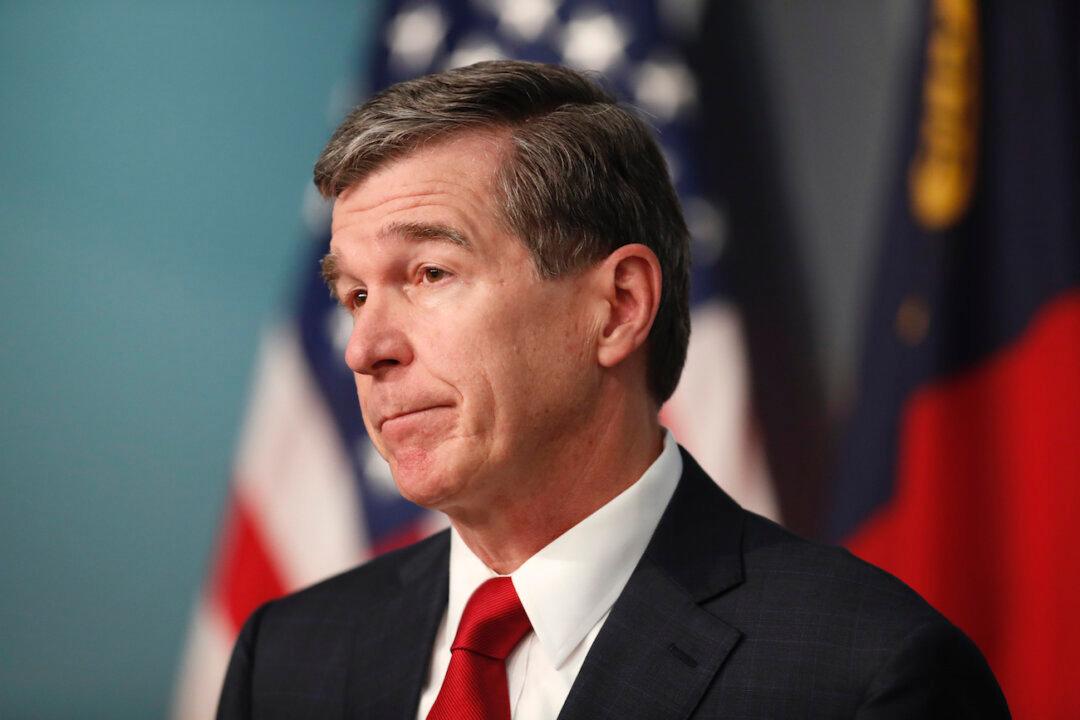North Carolina Gov. Roy Cooper signed a law on Monday to expand Medicaid eligibility to over half a million people whose higher level of income disqualifies them from traditional coverage.
Cooper, who has emphasized the need to address this issue since he was first elected in 2016, signed the “Access to Healthcare Options” bill into law at an Executive Mansion ceremony with a large audience.“Medicaid expansion is a once-in-a-generation investment that will strengthen our mental health system, boost our rural hospitals, support working families, and so much more,” Cooper said in a statement. “This is a historic step toward a healthier North Carolina that will bring people the opportunity of better health and a better life.”





